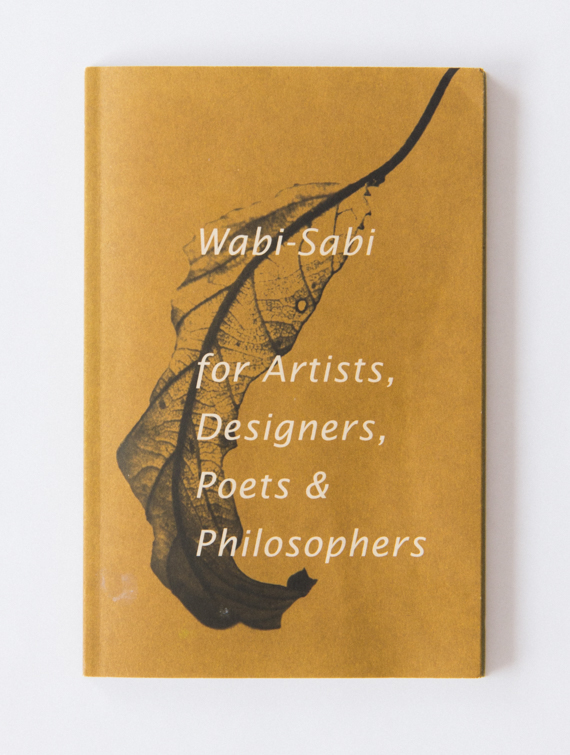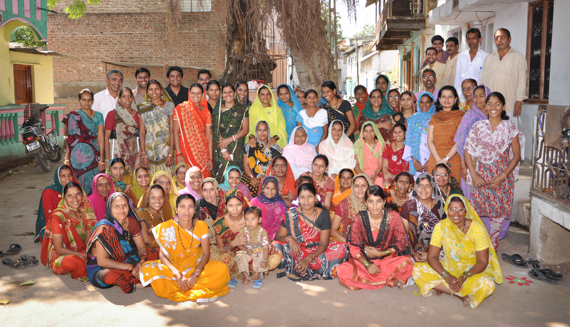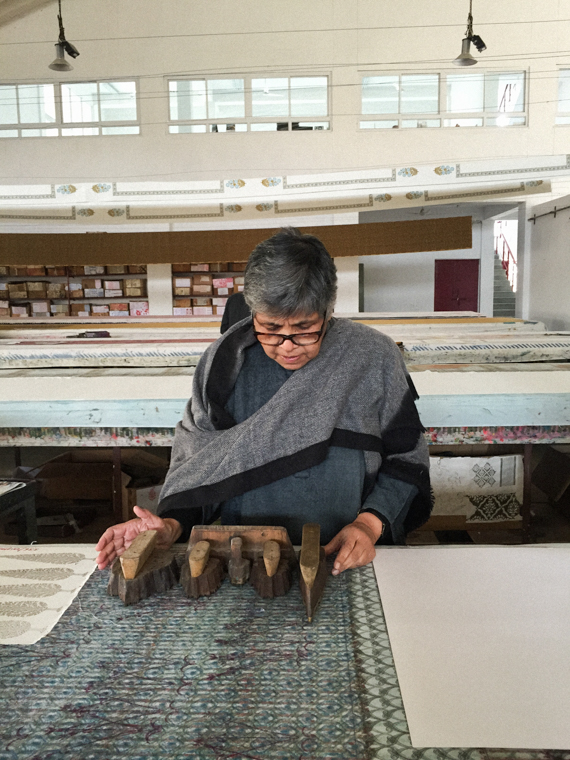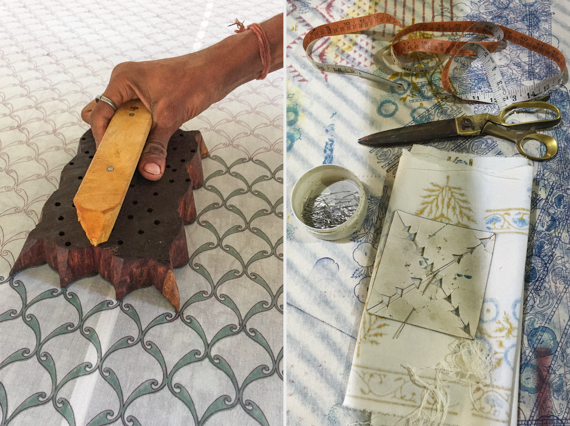w
wabisabi

wabi-sabi (Japan)
Japanese world view informed by the Buddhist notions of imperfection and transience. Translated, “wabi” and “sabi” suggest poverty and aloneness or desolateness. The philosophical concept is rather elusive, often described as a feeling. The Japanese experience it as a mindfulness and authenticity lived out in daily life. It is embracing simplicity and accepting the natural cycles of growth, decay, and death. The aesthetics of wabi-sabi speak of a beauty that is transient, imperfect, in the state of coming or going. These views are intrinsic to and inseparable from dosa’s every endeavor. Imperfection is seen as a pos- itive, a state of potential, a reminder of human-ness. Transience allows one to move, to be flexible, and to see more openly. Leonard Koren’s Wabi-Sabi for Artists, Designers, Poets & Philosophers and Jun’ichiro Tanizaki’s In Praise of Shadows have been valuable resources for Christina.
womenweave

WomenWeave (India)
Global charitable trust for women weavers established in 2002 by Sally Holkar, former co-founder of Rehwa Society. The trust is committed to transforming handloom weaving from a traditionally male dominated activity into a viable, sustainable, and autonomous income-earning activity for women. Handloom weaving is the second largest source of livelihood in India’s remote and semi-urban populations, supporting 7,000,000 Indian families. With the industry eroding as men leave for better urban opportunities, mothers, wives, and daughters stay behind at home taking care of children or vying for low-paying day labor. WomeWeave offers these women opportunity and self-empowerment. They are taught weaving, product design, business skills, and marketing. Focus is given to the wholly unskilled, favoring those who are divorced, widowed, separated, or handicapped. Weavers are linked with cotton farmers of the Nimar district to provide direct access to quality raw materials. Our ongoing collaboration with WomenWeave began in 2013 through two of their initiatives, the Gudi Mudi Project and Dindori Project, both in Madhya Pradesh. See also Dindori Project
woodblockprinting


woodblock printing (India)
A traditional method of hand printing textiles by stamping cloth with wooden blocks carved in relief. A design is first worked out on paper, followed by color separation to determine the number of blocks required to create the final image. The design’s outline is stamped using a lead block, and the pattern continues with foreground filler blocks and blotch blocks. With one hand, the artisan holds a block in place on cloth, strikes it firmly with the side of one or both hands, then quickly moves on to the next position. The action is rhythmic and percussive. Each block has a registration point at the corner. As one stamp is struck, the next block is placed accordingly enabling the artisan to link them up perfectly with no break in the pattern. Seasoned printers work without registration points, instead marking placement with the thumb and estimating by eyesight. Cloth is laid out to dry before the next color is started. In India, woodblock printing is widely practiced in Rajasthan and Gujarat.
We have been using woodblock printing in our collections since 1995. Beginning in 1997, our prints have been done in Jaipur by Gitto Patni and team. Traditional printing tables are 6.5 m (~21 ft.) long, the exact length to accommodate a sari and blouse. Gitto’s tables can print lengths of 12 m (~39 ft.). Our spring 2015 Makoto Kagoshima print required two artisans working simultaneously to print 36 m (118 ft.) in an 8-hour workday. More complex designs may require four printers to produce as little as 8 m (26 ft.) in a day. Gitto’s artisans come from the community of chhipas, literally “those who stamp or print.” Workers are paid by the piece and at higher wages that ensure they do not lose out by spending more time to perfect a complicated order. They work in an airy and spacious workshop that runs on solar power, uses collected rainwater, and shares communal equipment with their neighboring cottage-industry businesses.